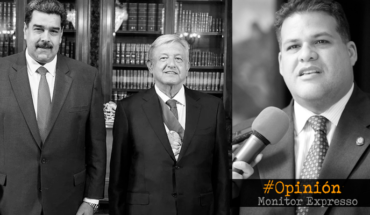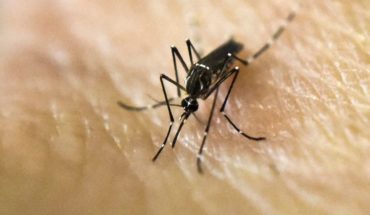President Donald Trump is expected to formally submit a provisional agreement with China on Friday to avoid further escalation of a trade war that for nearly two years has weighed on the most comprehensive economies world and, therefore, with virtually any country or company that does business in them.
However, this agreement already faces a question from political allies, rivals, analysts and business groups alike that will probably define the place of the agreement in economic history: What if, after all those tariffs and all that drama, that’s what it is All? What if the agreement is meant to stay in phase one and nothing else?
Trump and his advisers promised that the partial deal the president first announced on October 11 will have more phases. This is because, while the initial agreement may increase China’s agricultural purchases by up to US$50 billion per year and commit to the currency and enforcement of intellectual property, it does not include anything on more powerful structural issues , like the large network of subsidies that has driven the global boom of many Chinese companies.
While Trump has insisted that two more phases will follow, many analysts see with skepticism that more progress can be made during an election year in the U.S. that could time out for the Chinese.
“After the ups and downs in the last two years that led to a partial agreement, I’m not sure that both countries have the stomach to return to these problems urgently,” said Wendy Cutler, veteran trade negotiator currently at Asia Society Policy Institute. “A phase one trade agreement is a positive step. But it appears that this agreement will not achieve the fundamental long-term changes in China’s trade regime that the administration introduced a couple of years ago.”
The fact that Trump seems willing to offer tariff relief in return has stirred China’s hawks in Washington, who fear that after daring to confront Beijing in a way that no previous president has done with their tariffs , Trump is forgoing leverage that could extract future concessions.
Marco Rubio, who has declared his claim as China’s most direct republican hawk in the Senate, on Thursday urged the White House in a tweet not to give up tariff leverage.
All of these concerns remain a priority for a U.S. business community that has lobbied heavily against trump administration tariffs and questioned the effectiveness of its tactics, even after backing its diagnosis of the problems that need to be addressed in China.
translated from Spanish: Trump-China deal flirts with idea of stalling in phase one
December 13, 2019 |





